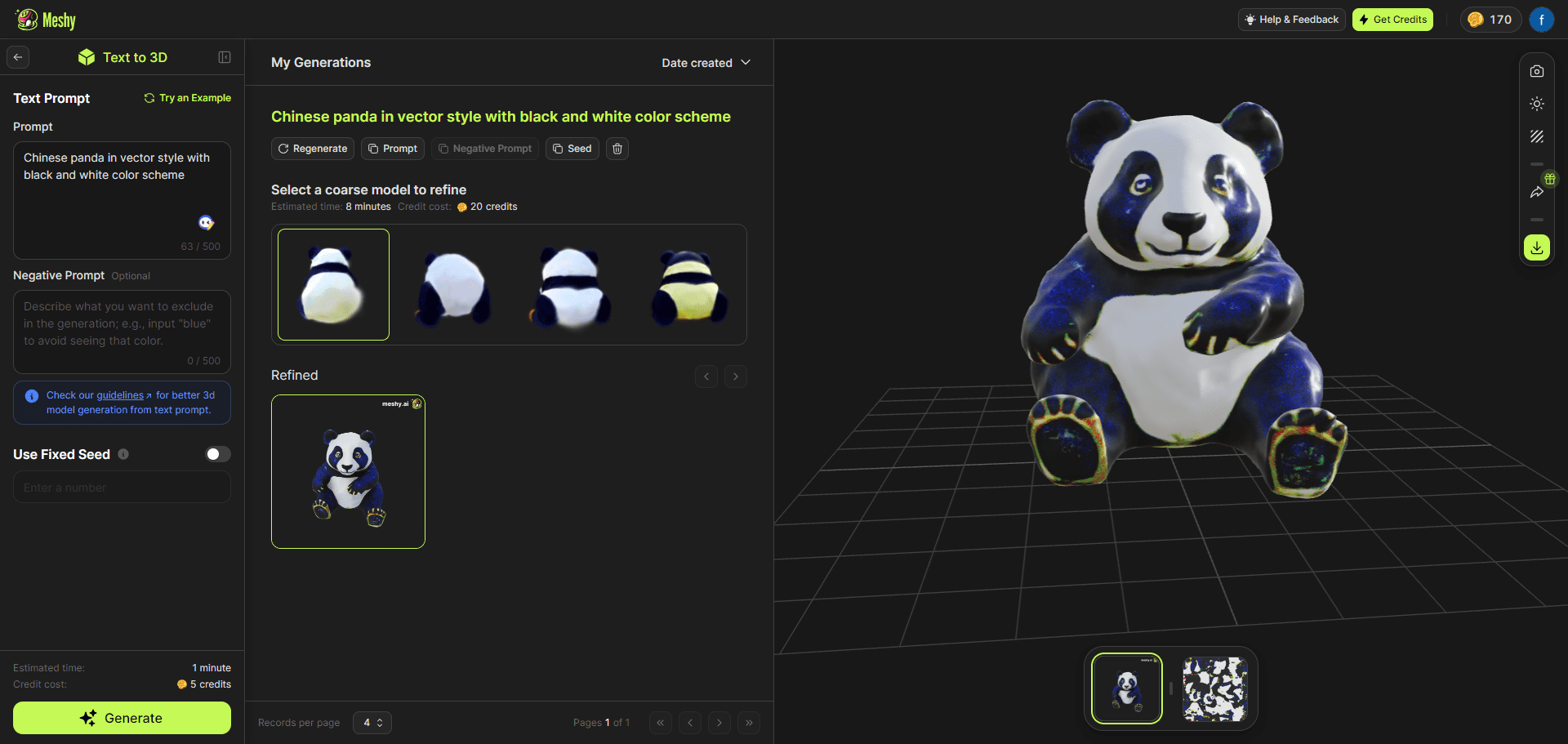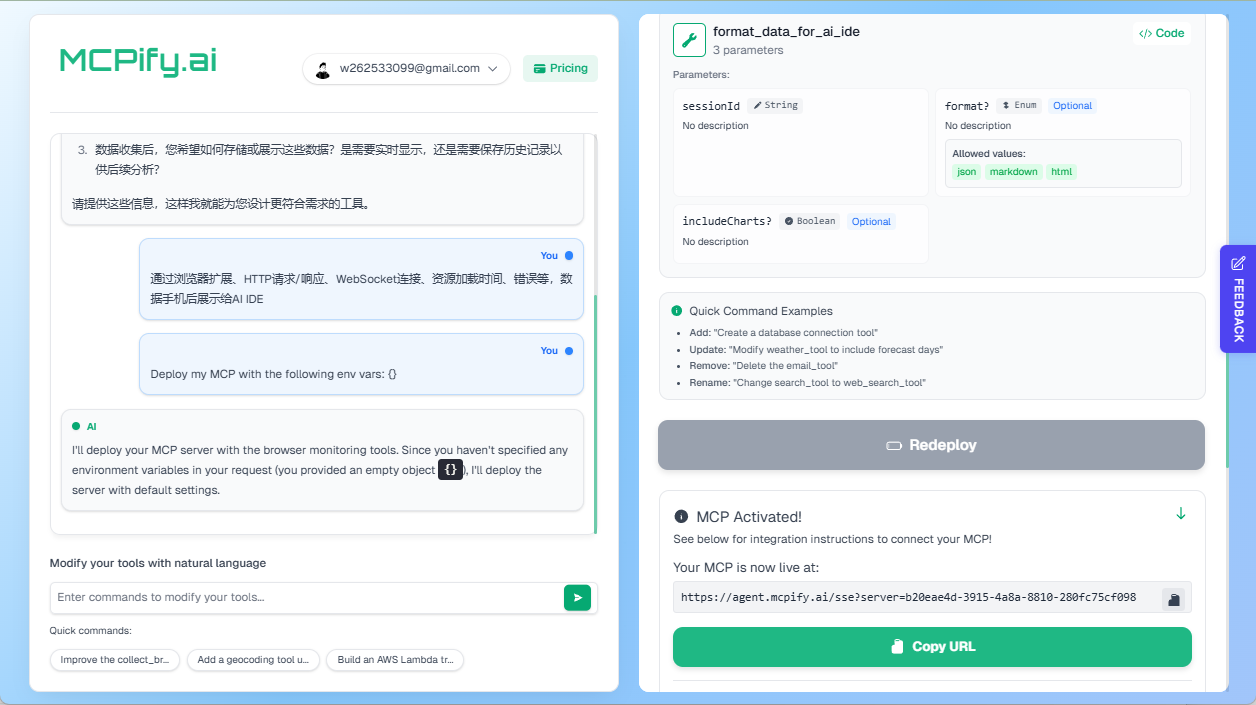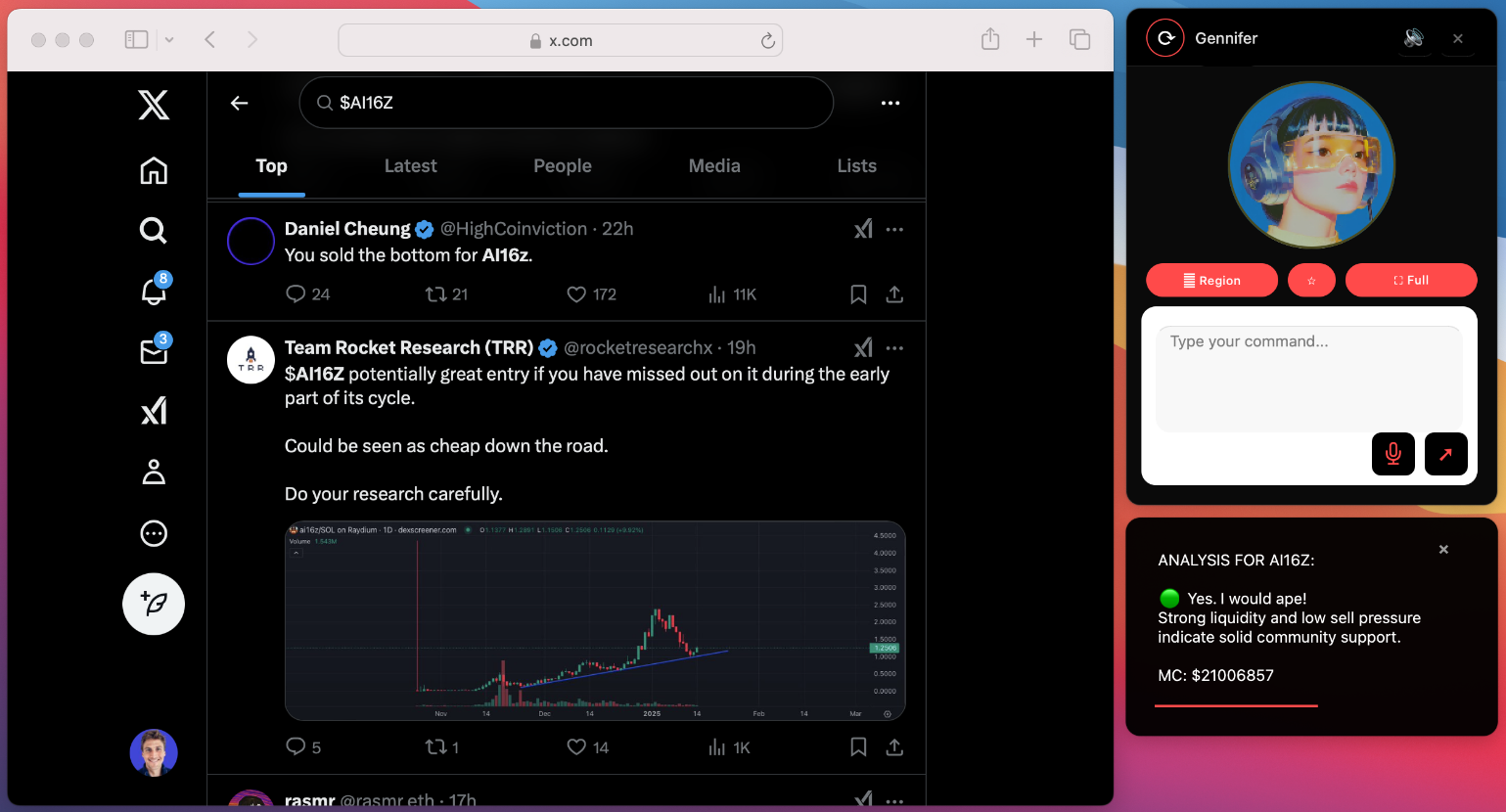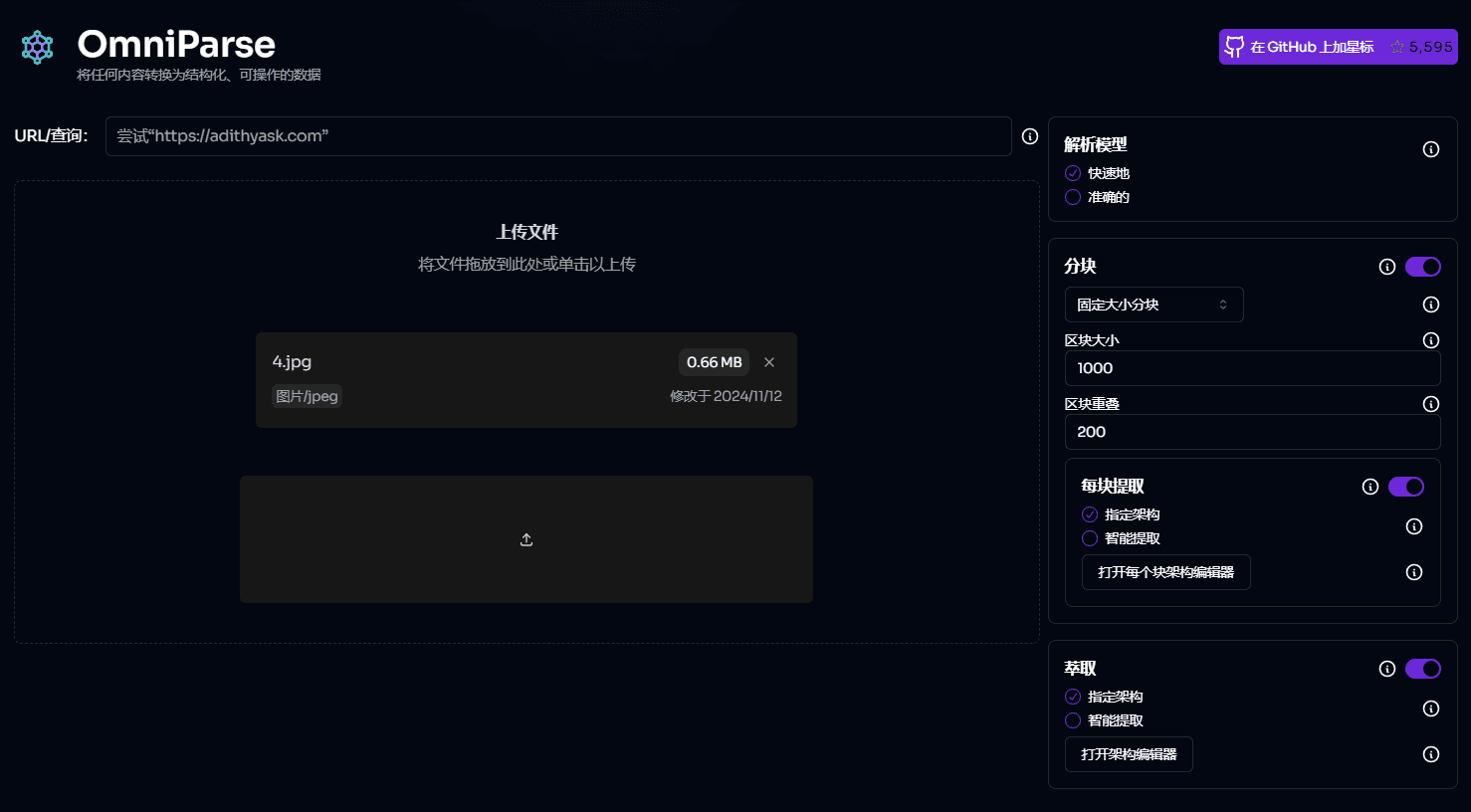DeerFlow - an open source deep research framework from ByteDance
What is DeerFlow?
DeerFlow is an open source deep research framework from ByteDance, designed for efficiently accomplishing complex research tasks. The framework integrates multiple language models (such as Qwen) and tools (such as search engines, crawlers, Python execution environments) to quickly generate high-quality research reports, podcast scripts and presentations.DeerFlow is based on a multi-agent system architecture , including coordinators , planners , research teams and report generators , support for natural language modification of the research plan and AI-assisted embellishment features. DeerFlow offers rich configuration options and open source community support for researchers, analysts, content creators, and individuals who need to organize and analyze information efficiently.
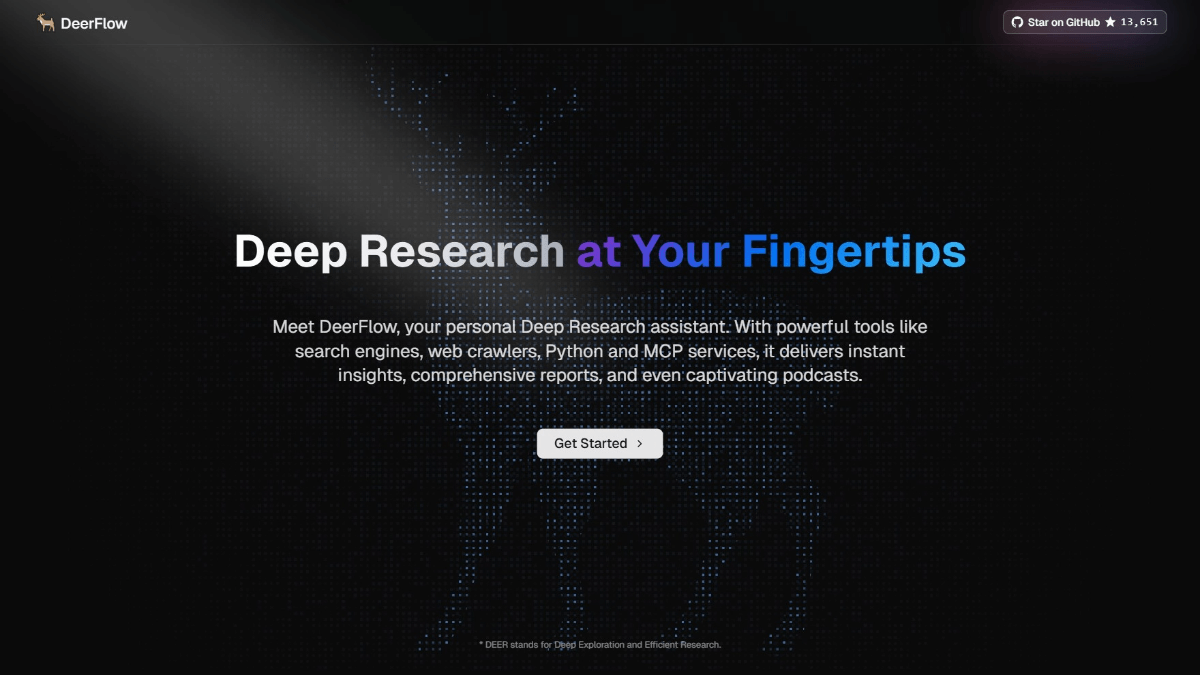
Main features of DeerFlow
- LLM IntegrationIt supports multi-language models (e.g. Qwen), provides OpenAI-compatible interfaces, and supports the dynamic selection of appropriate models according to task requirements to meet research tasks of different complexity.
- Tool Integration with MCP: Integration of multiple search engines, crawlers, and Python execution environments, support for private domain access and knowledge graphs, and expanded research capabilities to rapidly access and process information.
- human-machine collaboration: Supports natural language modification of the research plan, where the user adjusts the direction and focus of the research with natural language commands. Provide post-report editing and AI-assisted touch-up functions to help users optimize the final output.
- content creation: Automatically generates podcast scripts and audio, provides customizable PowerPoint presentation templates, and supports the creation of articles, reports, and other content formats.
DeerFlow's official website address
- Project website::https://deerflow.tech/
- GitHub repository::https://github.com/bytedance/deer-flow
How to use DeerFlow
- Accessing GitHub repositories: Visit the GitHub repository for source code and documentation.
- View Document: In the GitHub repository, read the README.md file, which contains an introduction to the project, installation instructions, configuration methods, and basic usage examples.
- Installation of dependencies: Install the dependency based on the following command.
pip install -r requirements.txt- If you encounter problems in your local environment, try isolating the dependencies using a virtual environment such as venv or conda.
- Configuration environment: Configure the necessary environment variables or configuration files according to the instructions in README.md.
- Running Projects: The entry script to run DeerFlow is usually described in README.md. For example:
python main.py- Defining the research task: Research tasks based on user interface or command line input.
- Implementation of the research mandate: DeerFlow automatically calls integrated tools (e.g. search engines, crawlers, etc.) to collect information that is analyzed by the research team.
- Viewing and editing reports: DeerFlow automatically generates a study report when the study is complete. View the report in the user interface or file system and edit or touch up as needed.
Core Benefits of DeerFlow
- Multi-Agent System Architecture: jiyu Multi-agent roles such as coordinator, planner, research team, and report generator enable efficient task decomposition and collaboration, and support dynamic adjustment of research plans.
- Language Model IntegrationThe OpenAI-compatible interface supports multiple language models (e.g., Qwen), allowing users to dynamically select the appropriate model according to the task requirements and meet the research needs in different scenarios.
- Rich tool integration: Integrate search engines, crawlers, and Python execution environments to support private domain access and knowledge graphs, expanding the breadth and depth of research.
- Efficient human-machine collaborationThe system provides report editing and AI-assisted touch-ups to lower the barrier to use.
- Flexible Configuration and Expansion: Based on plug-in design, it supports function expansion and access to external services, and users can customize research tools and data sources according to their needs.
Who DeerFlow is for
- research worker: Rapidly collect literature and organize data to generate research reports to help academic research and subject analysis.
- market analyst: Used to collect industry dynamics, analyze market trends, and quickly generate market research reports.
- content creator: Support for generating podcast scripts, articles and presentations, providing creators with efficient content production tools.
- Corporate decision makers: Based on collecting industry data and generating project evaluation reports to provide data support for business decision-making.
- educator: To assist teachers in designing lessons, organizing teaching materials, and improving teaching efficiency.
© Copyright notes
Article copyright AI Sharing Circle All, please do not reproduce without permission.
Related articles

No comments...

